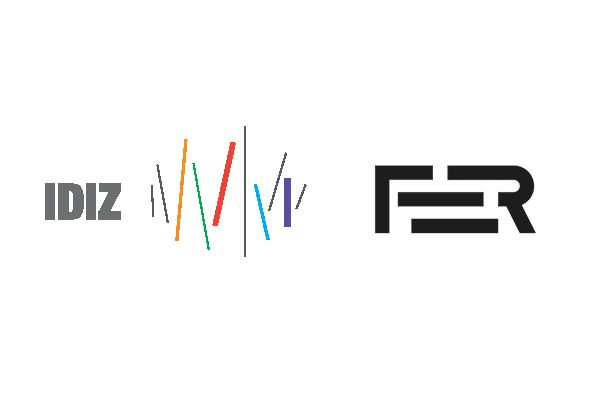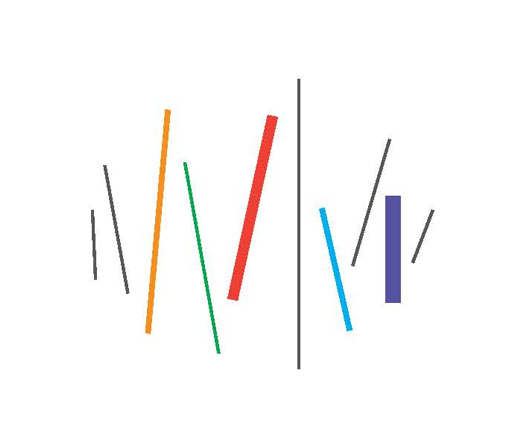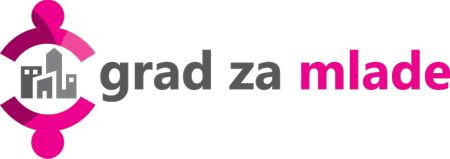Projects
Other research and professional projects

Principal investigator: Ph.D. Iva OdakProject start: 20.07.2023.
A Study on Students’ Work
Institute for Social Research in Zagreb in collaboration with the Faculty of Electrical Engineering and Computing of the University of Zagreb implemented a research into students’ work. The rationale behind the choice of this topic was the observed increase in the number of working students. The aim of the research was to better understand the reasons and motives behind the enhanced volume of students’ work, as well as the consequences that such work can have at the individual and institutional level. The research also provided insight into the needs related to studying, and the academic and professional socialization, from the perspectives of students, lecturers and employers.
Read more
Project leader: Teo Matković, Ph.D.Project start: 20.02.2023.
Analysis of research into employability of graduated students
The project includes an analysis of results of a questionnaire survey on the transition to the labour market by students who graduated in 2021. It also connects results of questionnaire surveys conducted in 2021 with data from the “CQF portal“. The results are distributed across years, and the complemented analysis of results of the questionnaire survey into the labour market transition of generation 2020 graduated students is provided.
Read more
Principal investigator: Teo Matković, Ph.D.Project start: 01.02.2021.
Assessment of institutional and structural determinants of application for and success at State Matura exams
The project aims to identify whether there are systematic and persistent differences in students’ applications for and results at State Matura exams, that can be attributed to characteristics of high school, programme or place of residence, after controlling for differences in attendees’ school success achieved during compulsory elementary education. We hypothesize that there is significant variability in applications for and results at State Matura exams with regard to students’ regional affiliation, type of school, and educational programme, which cannot be explained by the structure of the student corpus (i.e. previous school success, sex structure and age). Nevertheless, the patterns can be different in particular counties, due to the structure of secondary education, economic development and the level of investment in education.
Read more
Principal investigator: Teo Matković, Ph.D.Project start: 07.10.2021.
Availability of upper secondary education programmes in Croatia 2013-2021.: Demographics, enrolment, capacities, demand, interest, interventions and projections
The project was implemented for the Ministry of Science and Education as one of the early activities of the National Recovery and Resilience Plan 2021-2026 (NPOO), with a purpose of providing evidence-based foundation for future structural reform of secondary education. The project resulted in the document “Comprehensive analysis of secondary education needs with the purpose of increasing attendance in grammar school programmes and reducing the number of surplus programmes in vocational education and training“. The Study is based on data on the capacities and enrolment of all programmes in all secondary schools in the period 2013-2021, on the Croatian Employment Service (HZZ) recommendations at the level of vocation and counties in the same period, as well as other administrative and statistical sources (demographic and educational), and previous research findings.
Read more
Project Leader for ISRZ: Marita Grubišić-Čabo, MAProject start: 01.01.2020.
City for Youth – A model of certifying Croatian cities based on local policies
Association of Cities in the Republic of Croatia initiated a programme of certifying Croatian cities in the domain of implementing local youth policies. An analysis of existing models of certifying cities across Europe was carried out by the Institute for Social Research in Zagreb, at the request of the Association. The analysis included eight models from various countries, and served as a basis for creating the Croatian model. The Association of Cities established a working group for drafting the Croatian model, which gathers representatives of relevant organizations and institutions in the field.
Read more